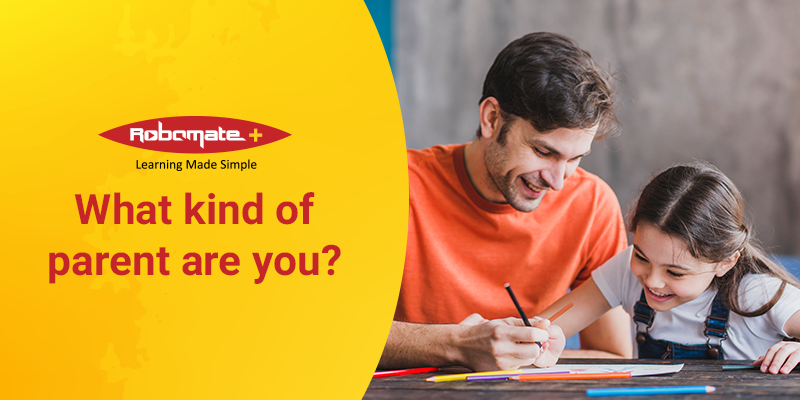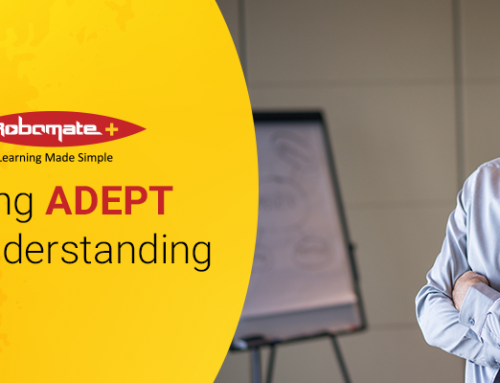Parents play a crucial role in a child’s education. Their influence plays a vital part in the growth and overall development of the children. Strict and conservative parenting makes it difficult to deal with children’s nature, the child will be afraid to share their emotions and requirements. This affects their overall growth and performance. Liberal parenting provides equality to children but it affects their behavior and it would be difficult to deal with such youngsters. The parenting can be classified depending upon the parents’ approach towards discipline. There are different types of parenting and children will develop their behavior accordingl
Attachment Parenting
Children who feel secure and safe are positively inclined on both emotional and academic development. Some parents develop a strong bond with the child and spend time with him to be able to read and understand the child. They want to be with him/her when he/she needs them the most. However, the traditional mentality of attachment parenting i.e. attending the child’s need as quickly as possible results in a spoiled child. A child, whose needs are met quickly will never have a sense of independence to be competent in this world.
5 Best Parenting Books For Parents of Teenagers
Helicopter parenting
As the name says parents will be hovering over children. They watch and analyze each and every aspect of child activity with fear. It can harm the child. It is normal for all the parents to have some sort of fears for the child, but in helicopter parenting, the parents tend to be overprotective. Such parents will be constantly aggressive towards everybody who comes in contact with the child. Helicopter parents do not have confidence that their child can take self-care and they keep control with themselves to avoid any harm. They tend to cover children’s mistakes and perform all the children activities such as homework, phoning up their friends, etc. Children will be quite dependent on their parents and do not take risks or have the courage to face consequences.
Authoritarian Parenting
In this kind of parenting there is strict discipline, rigidity and hard and fast rules. The rules set will not be apt and the punishment makes the children stubborn. The attitude makes the children harsh and insensitive. The children will not be able to express themselves and develop aggression and short tempers. Authoritarian parenting is highly dictatorial and follows strict hierarchy and rules without any possibility of deviation. They are highly conservative. There is no possibility of child-parent discussion. This type of parenting has a negative effect on children’s healthy social and emotional development.
Authoritative Parenting
As the name indicates this style of parenting requires high behavior control. This type of parenting has been followed traditionally and the children who have grown up under this style have shown positive behavioral and emotional development. Their academic performance is good. The child will be disciplined to be obedient and follow set rules. Children will have the liberty to think, but the final decision rests with the parents. The parenting style has logic and responds to children needs.
Permissive Parenting
In the Permissive style of parenting, both parent and children are given an equal platform to discuss. It is better than authoritarian parenting. But unlike authoritative parenting, children become spoiled and bossy. Children cannot mark their behavior boundaries as they are raised to be independent. There are studies which indicate that parents who indulge in permissive parenting will find it difficult to deal with children as teens and young adults. There is low behavior control and parents use manipulative methods to control children and avoid punishment techniques.
Un-involved Parenting
The children under this style of parenting have low behavioral control and involvement. The parents fulfill all the demands of the children and make them happy with materialistic articles as required by the children, but will not be able to fulfill the emotional needs of their children. Parents are not interested in children’s daily activities and there is no psychological connection between them.
Instinctive parenting
This seems to be one of the effective ways of parenting where parents do the upbringing from their own childhood experiences and the impact of their parents’ behavior and approach towards them.
Conclusion
It is common for the children to throw tantrums as per the age. However, parents should not give any negative feedback and should have a positive approach towards their child’s behavior. There should be a sharing of responsibility between both parents and one parent should not take up more responsibility and stress. Problems should be addressed with discussions between both parents and even involving the child at times for appropriate solutions. Do not expect your children to behave maturely. Try to be a friend and guide to discipline them to be better citizens.
Watch Video Lectures of your Course for Free











